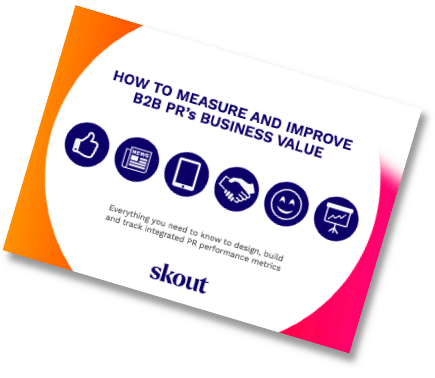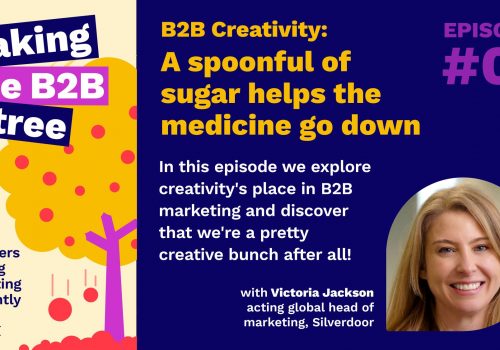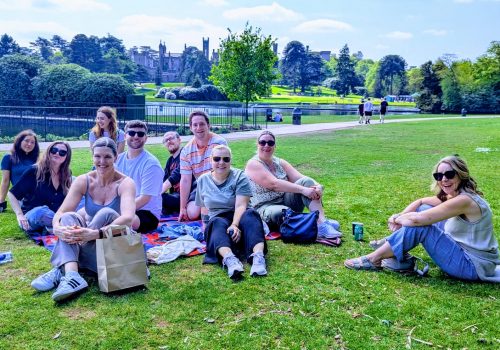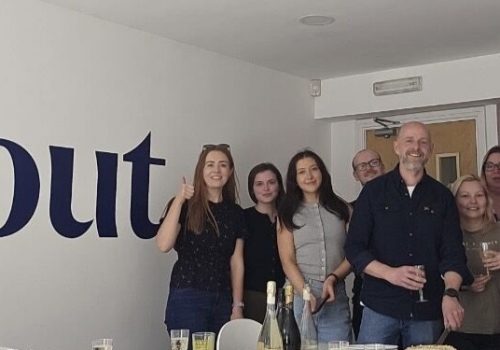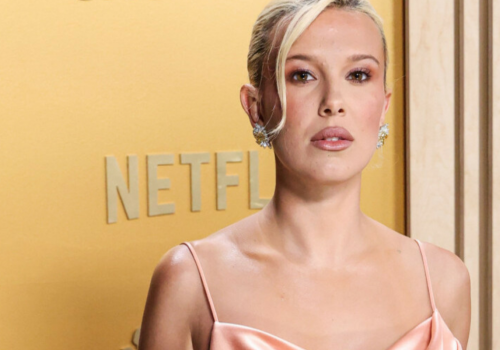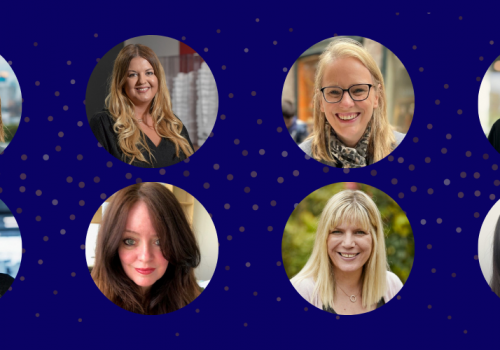Will Stone has spent the past 20+ years amassing possibly the most diverse experiences as a PR person. From training as a journalist and then working the local news scene in Preston, to jobs in PR agencies, academia, and local government, then onto comms leadership for a global manufacturer. Today he’s heading up marketing at TechSkills.org.
One thing has underpinned Will’s approach to each role – and that thing is storytelling. We caught up with him to ask why he sees storytelling as so important to B2B marketing.
So Will, in a nutshell, what do you think is the secret to effective B2B storytelling?
You need to know your audience and know the industry you work in. Being inquisitive is crucial – don’t just take things at face value. That comes down to being investigative and finding out the ‘how’ and ‘why’ in things. To do this you need to be able to build strong relationships and engage in conversation. That’s how you find out the little facts that lead to compelling stories.
On the audience part, engage with the audience you’re telling stories for, and walk in the customers’ shoes. Again this comes from talking to audiences or to those who know them well. What is the sales team’s view of customer needs for example?
Finally you need to explore different angles. So often, PR is treated like a checklist of “we’ve got to get the story out”. This approach isn’t going to get the best value of out any B2B PR agency. People often see PR just as good news, but stories are far more useful than that. They can help a brand rise from a crisis, or become more ‘human’, or shine a different light on a situation. As a B2B PR person you must be a facilitator and curator as well as a storyteller.
What skills do you need to get the interesting storylines?
Your own communication and conversational skills are crucial in gaining the confidence and trust of people to get them to share. This is in much the same way as a journalist would when looking to extract information that people don’t really want to give. Obviously in B2B PR you’re not seeking to sensationalise or expose anyone but the same principles apply. After doing media training for a client a few years back and using those journalistic techniques to try and extract ‘answers’, my client commented on how ‘beguiling’ the approach was; drawing the spokesperson in and making them feel trusted before planting the killer question and catching them off guard. While the latter isn’t part of B2B storytelling, its still important to earn trust and get people talking, rather than asking straight questions.
What kind of B2B stories excite you personally, and why?
I love the journey from telling the story to seeing the impact it creates. Whether it’s a human interest story, uncovering unknown information that matters to people, or helping a leader to drive through change, what excites me most is seeing the cause and effect. Again, too often PR is just seen as noise or increasing brand mentions, but real stories can be applied to specific business goals and objectives.
Why do you think storytelling is so important in B2B brand engagement?
Because it humanises the brand. Businesses are ultimately about people and stories are the means of bringing those people and their role in the business to the fore. This creates the human connection with the audience brands yearn for. In terms of the pandemic and its impact on physical meetings, human storytelling has become more important as a way of staying connected while the experiential side of marketing has suffered more. I’ve always tried to create ‘conversations’ through story content. I follow and rate specific brands and organisations based on the stories they tell and their ability to gift me some added value through this
How much does the customer journey impact the type of story you tell?
It is both a help and a hindrance. Marketers are rightly obsessed with the customer journey and understanding what messages and content are important to audiences at different stages of the process. This gives storytelling a focus, ensuring it is applied to customer journey goals. However, sometimes stories just need to be told. They don’t need to fit into a marketing matrix to have value. Its not always about directly measuring the benefit – more, the cumulative effect on the brand and its personality.
How do you go about building storytelling into successful content marketing strategy?
Sometimes its tricky. There’s a trend for data driven marketing and KPIs right now and its not always easy to see how a creative story can fit. So much B2B marketing content is contrived to serve a specific purpose or digital marketing requirement, but in doing so it has limitations. It delivers on click throughs or shares, or lead intelligence, but does it deliver on sentiment and belief, or long term brand impact? I see storytelling as being the glue surrounding more direct marketing activities. Sometimes it’s less ‘trackable’ in the short term, but brands that want to be around for the long term need to think long term! Customer journeys may look linear in marketing analysis but they never are in reality – so you need stories to help keep those wavering relationships on track.
What challenges do you think B2B marketers face in terms of storytelling?
The combination of less and less ‘slack’ within marketing budgets and the constant demand for measurable results is in danger of stifling story creativity. The net effect of this is weaker stories facing stiffer competition for recognition. We’re seeing AI being applied to the creative process too – and it will get cleverer. However, there’s a big part of storytelling that is about consciousness. It isn’t just about what information the source gives and how they articulate that; it’s also about how the recipient or messenger (i.e. the PR person or journalist) interprets and uses that material. Both sides are personal and are what creates ‘unique’ stories
Can you tell us about one story you developed that you felt passionate about?
So much B2B storytelling is focused on the business or external brand but my proudest moment was using storytelling to support a CSR and wellbeing initiative a previous employer set up. The wellbeing scheme was to encourage employees from management to shop floor to work together to improve health through a series of challenges. One guy lost serious weight as a result. Another person overcame adversity following the loss of their child. We used video to tell these candid stories and show how the scheme had helped people. There were some difficult questions but not only did this help the individuals to tell their own side of things, it encouraged participation and supported the corporate brand too
If you had one piece of storytelling advice for B2B marketers what would it be (one sentence)?
Get your hands dirty! Get under the skin of the subject matter and don’t be afraid to ask difficult or challenging questions, while always keeping the audience in mind.


